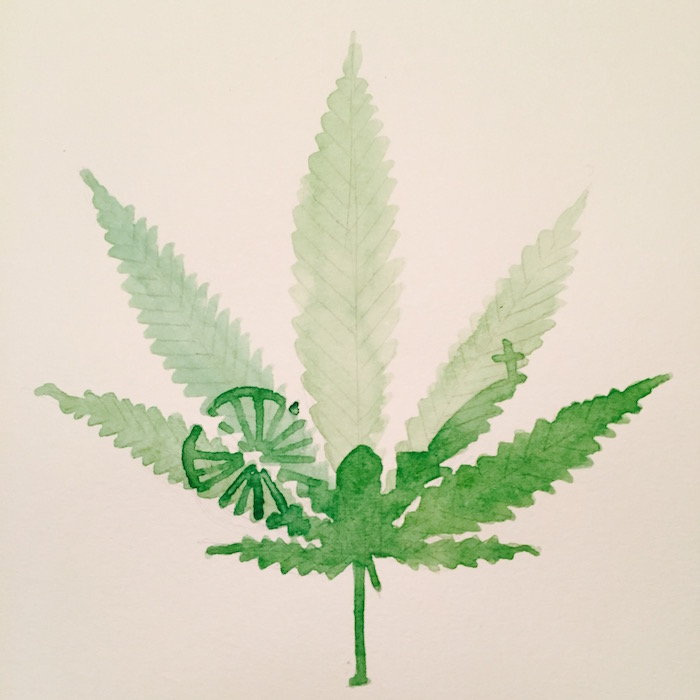The Government of Canada is legalizing cannabis for recreational use on Oct. 17 following Senate’s contentious June 19 vote to pass Bill C-45. Rules and regulations will vary across provinces and territories; some are opting for government-run stores over private dispensaries, and there will be variations in the legality of home growing, mail ordering, and public smoking.
What’s the deal in Quebec?
The legal age for cannabis use in Quebec is 18, but the newly-elected Coalition Avenir Québec (CAQ) government has pledged to raise the age to 21, the highest legal age in Canada. Minors will not be allowed into retail locations.
The Société des alcools du Québec (SAQ) will oversee sales and distribution of weed through a subsidiary company, La Société Québécoise du Cannabis (SQDC). There are currently 12 SQDC locations scheduled to open across the province, including four in Montreal: At 970 Rue Ste Catherine Ouest, 9250 Boulevard Acadie, and 6872 Rue St Hubert, with another location opening at 830 Rue Ste Catherine Est later in October. Additionally, the SQDC’s online store will open at 9 a.m. on Oct. 17, which will require that customers show identification proving they are of legal age upon delivery.
SDQC customers will be able to buy around 150 different products, including dried and fresh cannabis, cannabis oils, pre-rolled joints, marijuana pills, and accessories. Marijuana will cost under $7 per gram, the lowest rate in Canada—a price the SQDC describes on their website as “attractive enough to discourage illegal sales, but not so low as to encourage people to increase their consumption.” Users of medical marijuana should continue to fill their prescriptions with a licensed producer.
What is still illegal?
The federal government is not permitting the sale of edible cannabis products for the time being but plans to revisit the restriction in the next 12 months. Quebec will not allow home growing, even though federal law permits Canadians to cultivate up to four plants for personal use. Canadians can share up to 30 grams of weed with others, but sale is still illegal, even if both parties are of legal age. Both indirect and direct advertizing in favour of cannabis is banned, and anti-doping agencies have decided that cannabis consumption is banned for competition athletes.
As with provincial tobacco law, smoking cannabis is banned in many public places, including universities, CEGEP schools, hospitals, elementary schools, bars, and restaurants. Many Quebec cities have banned public smoking and the CAQ has proposed a provincial ban on smoking in public places. Additionally, landlords have the right to ban smoking on their properties, meaning many Quebecers may be left with no space to legally smoke cannabis. Saint-Jérôme Mayor Stéphane Maher has proposed a cannabis café pilot project as a solution to this problem.
Driving high is still illegal. If Canadians are pulled over for suspected drugged-driving, they will have to submit to mandatory drug testing, including the collection of saliva, blood, and urine samples.
What about crossing the border?
The United States federal government still views cannabis as a controlled substance, despite it being legal for recreational or medical use in 30 states, and will not allow Canadians to bring any cannabis products into the U.S., even into legal states.
Moreover, crossing the border may be more complicated than simply leaving your weed at home. The Canadian government warns travellers that previous use of cannabis may lead to them being denied entry to the U.S. and there have been cases of Canadians being barred from the U.S. for life for admitting to consumption. This also applies to Canadians who use prescription cannabis and those who work in the cannabis industry. However, such cases are exceptions.









